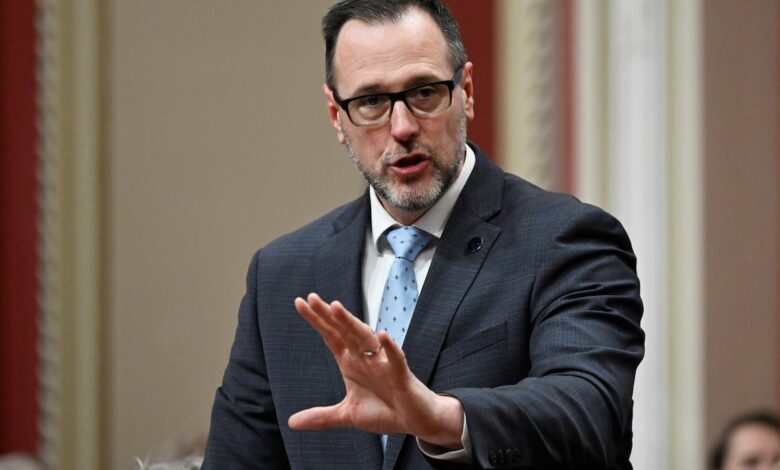Quebec plans to prohibit public prayer in motion to strengthen secularism

The government of Quebec is taking steps to strengthen secularism in the province by planning to ban public prayer in public places. This decision comes after Prime Minister François Legault expressed his discomfort with people praying in public parks or on the streets last winter.
Minister of Secularism Jean-François Roberge confirmed that legislation will be introduced this fall to prohibit this practice, citing the rise of street prayers as a serious issue in Quebec. The move aims to address tensions surrounding Muslim prayers during Pro-Palestinian demonstrations and at the Notre-Dame Basilica of Montreal.
There is speculation about whether the government will invoke the notwithstanding clause to override certain parts of the Canadian Charter of Rights and Freedoms. Last year, Prime Minister Legault hinted at the possibility of using this clause to enforce the ban on public prayers.
While some support the ban on public prayers, others argue that it infringes on freedom of religion and assembly. The National Council of Canadian Muslims believes that while protest tactics like public prayers may be unwise in the current political climate, they cannot be outright banned. Similarly, the Center for Israel and Jewish Affairs has been advocating for action against prayers that obstruct public spaces.
This legislation is part of a broader effort by the Coalition Avenir Québec government to expand secularism rules in the province. Another bill introduced in the spring would extend the ban on religious symbols in the workplace to all public school employees.
Critics argue that the government’s focus on public prayers and religious symbols is a divisive tactic to gain popularity. Former Canadian Senator André Pratte has criticized the government for targeting Muslims specifically with these measures.
An independent committee recently made 50 recommendations to the government on strengthening secularism, including limiting religious accommodations and extending the ban on religious symbols to daycare centers. The committee did not recommend a general ban on public prayer, suggesting that municipalities should regulate the practice instead.
While some political parties are considering similar bans on public prayer, there are concerns about the impact on religious practices and rituals. The president of the assembly of Catholic bishops in Quebec raised questions about how a ban on public prayer could affect Catholic traditions like the Way of the Cross procession on Good Friday.
Overall, the debate over banning public prayer in Quebec reflects broader discussions about the balance between secularism, religious freedom, and public order. It remains to be seen how this legislation will be implemented and its implications for religious communities in the province.




